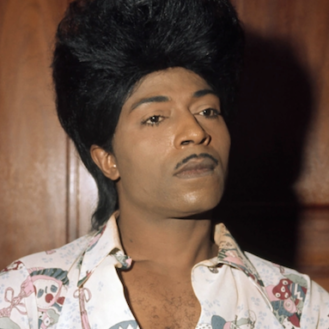Gamers are a smart brand of people and consumers. As much as Video Games: The Movie believes in that notion, filmmaker Jeremy Snead’s patronizing presentation suggests otherwise.
Many can pitch the argument that gazing into a monitor and playing video games wastes you away, but the hypervigilance that is developing amongst nimble younger generations has older fans impressed. Those veterans are also admiring how the industry has brought players together, and how it has consistently pushed forward since the cataclysmic video game crash in 1983.
Video Games: The Movie hopes to chronicle all of this history, nostalgia, and honour. It does to some extent, but the problem with Snead’s handling of the topics is that he treats the audience like children. Very, very young children.
That’s not so much a flaw if the movie was purposely aimed at a rug rat demographic, but it’s not. Snead has made a movie for those who embrace the art of video games as well as amply detailed stories that give games immersive gameplay. It’s also speaking to a fan base who understands the industry’s spanning timeline. That crowd is going to look at this movie and feel offended by Snead’s delivery, which proposes that they know nothing.
Take Sean Astin’s ill-advised narration, for example. Astin – bless his heart – is an excellent talent. And, he can stay faithful to a project no matter how schlocky it may end up being (see: Cabin Fever: Patient Zero). After listening to Astin’s condescending tone, it’s as if Snead directed Astin to “play up the escapism” and identify with a gamer’s passion. An informative introduction to statistics featuring some razor-sharp editing is unfortunately squandered due to both the filmmaker and his narrator spoon-feeding a predominantly educated audience. Even those who are outside the gaming circle feel a level of deception towards hardcores who came out to learn something new.
No matter who you are though, you’ll find the film’s random leapfrogging across time periods baffling. For instance: Snead wants to pay respect to video gaming history, yet skips over notable console wars and strangely catalogues Sega products using toss-off comments. Huh?
That’s the other thing. Here, the intake value of information is minimal. Apart from the discussions about the evolving industry, there’s also a lot of talk about emotional attachment, the big difference interactivity makes when it’s successfully integrated into a game, and how video games – in general – have made personal impacts. The stories with personality are moving in their own ways, but the other facts are evident. It’s nothing you couldn’t learn from hanging out in a GameStop, doing a quick Google search, or asking someone’s nephew. This documentary has to be better than all three of those sources.
When in doubt, Video Games: The Movie uses nostalgia to gain some sort of bond with movie goers. It’s more than obvious whenever montages of recognizable and popular video games flash across the screen. Although we can view them online now, the usage of vintage TV spots are some of the measly highlights. However, once we revisit all of our memories, Snead relentlessly insists on showing more clips of cutscenes, gameplay, and ecstatic fans. It becomes overkill, and only makes us wish to be playing the games rather than watching them.
If Video Games: The Movie has anything steadily going for it, it’s the inclusion of actor Will Wheaton. Wheaton, who is commonly known for his long-running role on Star Trek and for his cameos on The Big Bang Theory, offers honest insight into the world of gaming and its culture. He articulately weaves in memories during his own observations about video games, and his knowledge guarantees our fulfilment. Whenever he’s not on screen, Video Games: The Movie sinks, and only gives audiences a paltry sum of the gratification they deserve.



Be the first to comment